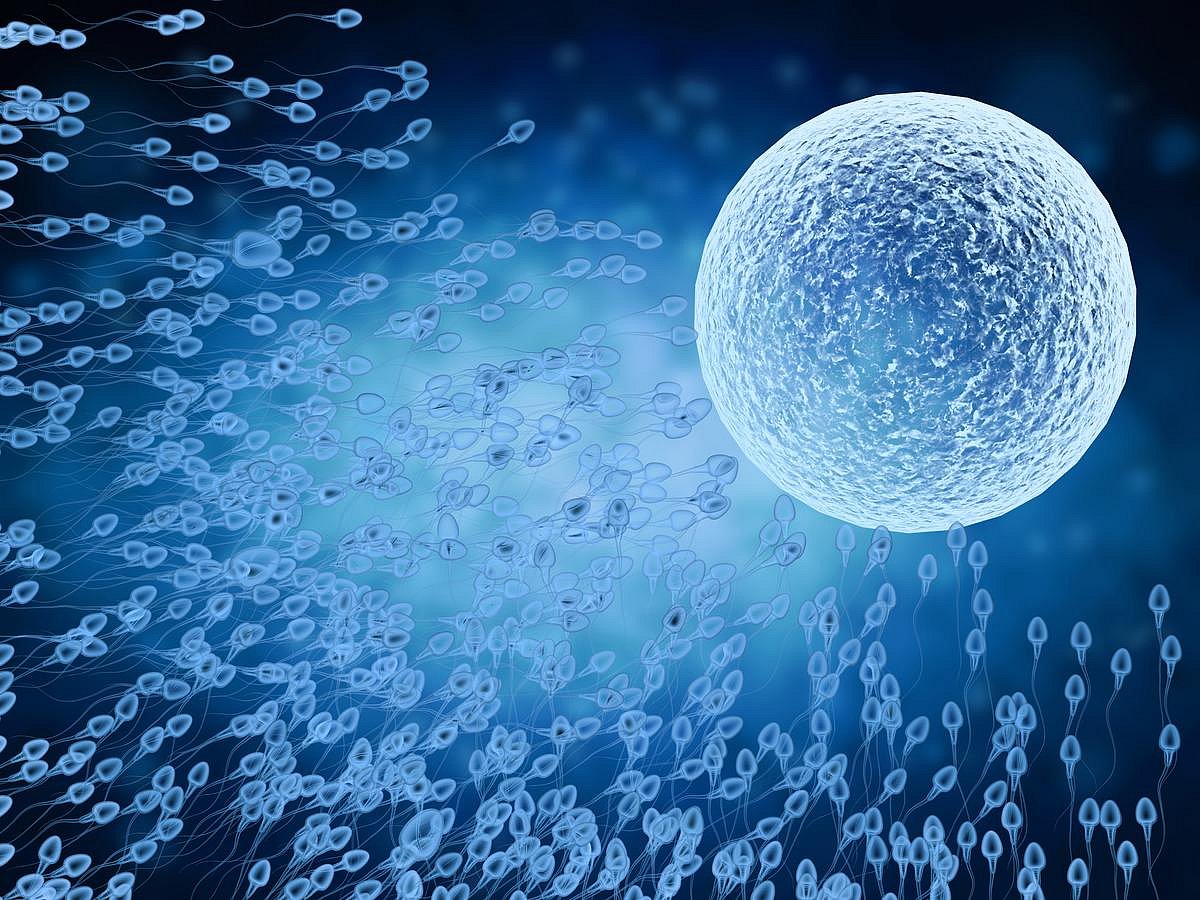Get Healthy!

- Carole Tanzer Miller
- Posted September 27, 2024
Could Fertility Treatments Raise Heart Defect Risks in Babies?
Babies conceived through assisted reproductive technology are more likely to be born with a major heart defect, new research shows.
That risk was 36% higher in babies conceived through techniques such as in vitro fertilization (IVF). Some congenital heart defects are life-threatening.
The increased risk is especially pronounced with multiple births, which are more common in assisted reproduction.
"Previous research shows that there are increased risks for babies conceived with the help of assisted reproductive technology," said study author Ulla-Britt Wennerholm, an adjunct professor of obstetrics and gynecology at the University of Gothenburg in Sweden. "These include preterm birth and low birth weight. We wanted to investigate whether the risk of heart defects was higher for babies born following assisted reproduction."
Her team looked at data on more than 7.7 million births in Denmark, Finland, Norway and Sweden, some stretching back to the late 1980s.
They compared data on babies conceived naturally and those born after assisted reproduction, including IVF, sperm injection and embryo freezing. They looked at how many babies in each group had a serious heart defect either in the womb or during their first year of life. They also considered other potential contributors -- such as nationality, mother's age and whether she smoked during pregnancy or had diabetes or heart defects.
The upshot: Heart defects were roughly 36% more common in babies born through assisted reproduction than in those conceived naturally. The overall risk was still small -- 1.84% compared to 1.15%.
The risk was greater for multiple births after assisted reproduction -- 2.47% versus 1.62% for single births.
The findings were recently published in the journal Human Reproduction.
"The fact that the risk of heart defect is similar regardless of the type of assisted reproduction used may indicate that there is some common factor underlying infertility in parents and congenital heart disease in their babies," Wennerholm said in a journal news release.
Knowing which babies are at greatest risk can speed diagnosis and care, she said.
"More and more people are conceiving with the help of assisted reproductive technology, so we might expect to see increases in cases of congenital heart defects worldwide," Wennerholm noted.
Dr. Nathalie Auger, of the University of Montreal, co-wrote an editorial that accompanied the study.
"Patients who use assisted reproductive technology tend to differ from the general population," she pointed out. "These patients may have underlying morbidities that affect both fertility and the risk of heart defects."
More information
Learn more about congenital heart defects at the U.S. Centers for Disease Control and Prevention.
SOURCE: European Society of Cardiology, news release, Sept. 26, 2024






